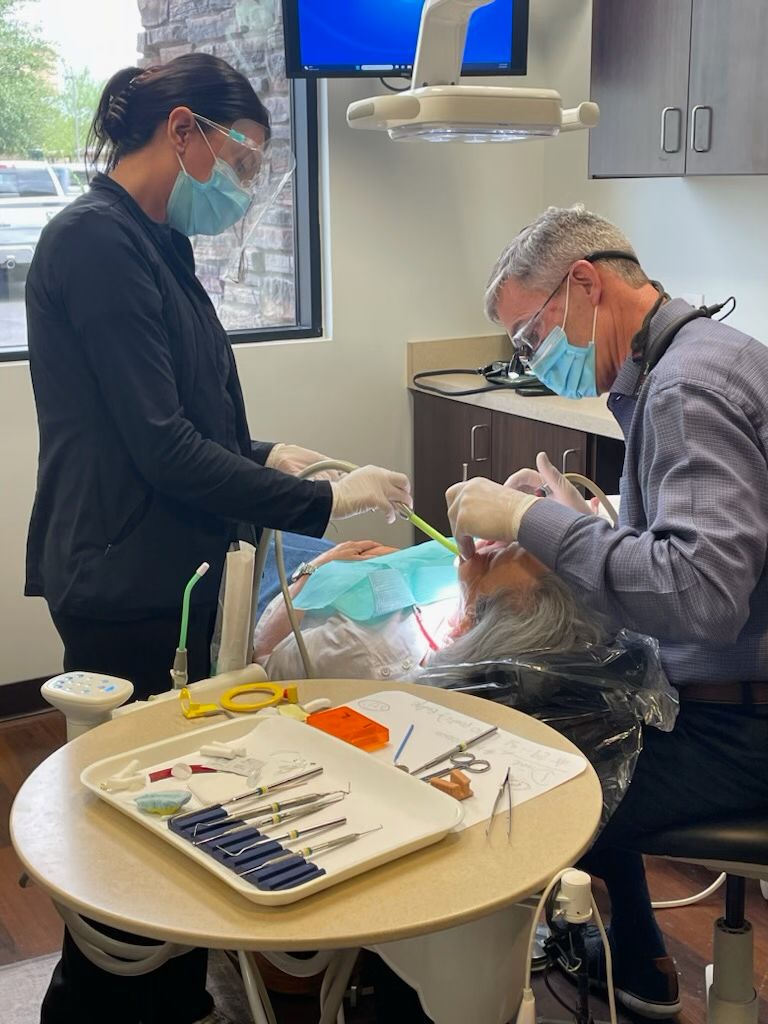
Efficiency of IV Sedation in Emergency Medicine
The field of emergency medicine is a fast-paced discipline where rapid decisions and effective treatment for patients can mean all the difference in life or death. In many situations of emergency patients are in extreme discomfort, pain or suffering from anxiety to the point of extreme which makes it difficult to offer efficient treatment. Intravenous (IV) sedation is a well-known tool in emergency medicine. It’s providing healthcare professionals with quick relief, lessen anxiety, and improve the overall quality of care for patients. In this article, we’ll examine the vital role played by IV sedation for emergency medical procedures, and how it can contribute to improved efficiency and improved patient care.
The Role of IV Sedation in Emergency Medicine
1. Pain Management: IV sedation is an effective instrument for treating pain in urgent situations. Emergency department patients often experience severe pain due to trauma or acute medical conditions. IV sedation provides relief, enabling healthcare providers to perform tests and treatments comfortably.
2. Anxiety reduction Patients who seek emergency medical attention are genuinely scared, anxious or in shock. IV sedation can reduce anxiety and stress and allows healthcare professionals to build a better rapport and communication with patients. If patients are more calm it is easier to take an accurate medical history and conduct a more precise physical exam.
3. Improved Patient Cooperation: In situations of emergency certain procedures could be required to save the life of a patient or to prevent any further harm. These procedures may be painful or uncomfortable which can lead to resistance or non-cooperation by the patient. Sedation via IV increases the patient’s tolerance and cooperation, which allows healthcare professionals to carry out procedures more efficiently and safely.
4. Healthcare professionals can administer IV sedation rapidly, making it ideal for situations often encountered in the emergency department that require a quick response. They can also control the amount of sedation to meet the patient’s needs and ensure their comfort without over-sedating them.
5. Versatility: IV sedation is a versatile procedure and is able to be utilized to perform a variety of procedures, ranging from the reduction of joint dislocations and suturing wounds to completing minor surgical procedures or helping with the healing of broken bones. Its versatility makes it a valuable resource in an emergency.
Enhancing Efficiency and Patient Care
1. IV sedation streamlines emergency department workflows by minimizing the time spent on counseling and restraining anxious patients. This allows healthcare providers to initiate procedures faster, reducing patient wait times and enhancing overall department efficiency.
2. Accurate Diagnosis and Treatment: If patients are more relaxed and more cooperative because of IV sedation, healthcare professionals are able to conduct more precise physical tests or diagnostic tests. This results in more precise diagnoses as well as more specific treatments.
3. Reduced Complications Patients: who are anxious or experiencing pain might not intend to resist treatment or act quickly, increasing the chance of injury or complications. IV sedation reduces the risk of these complications which makes the procedure safer for both patients as well as health professionals.
4. Enhanced Patient Experience: IV sedation not only increases the efficiency of care but also significantly improves the overall experience for patients. Consequently, patients who receive prompt pain relief and a warm welcome tend to leave the hospital’s emergency room content with the treatment received. This, in turn, is crucial not only for the hospital’s reputation but also for boosting the morale of healthcare providers.
In the highly-stressed medical emergency IV sedation plays vital roles in improving efficiency and the quality of care for patients. IV sedation reduces pain, anxiety, improves patient cooperation, and enables precise control, allowing healthcare professionals to perform procedures swiftly and efficiently. In evolving medical emergency procedures, IV sedation remains essential for ensuring favorable outcomes in acute cases.
